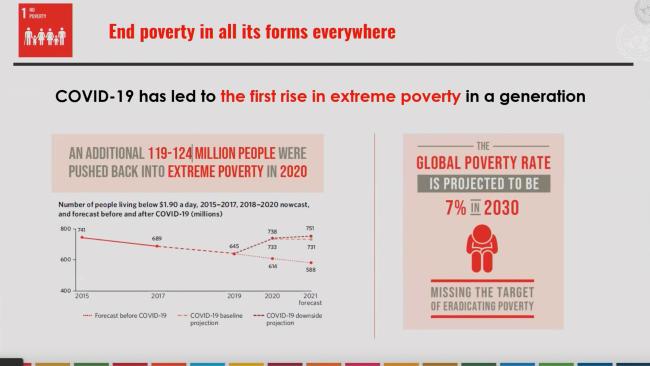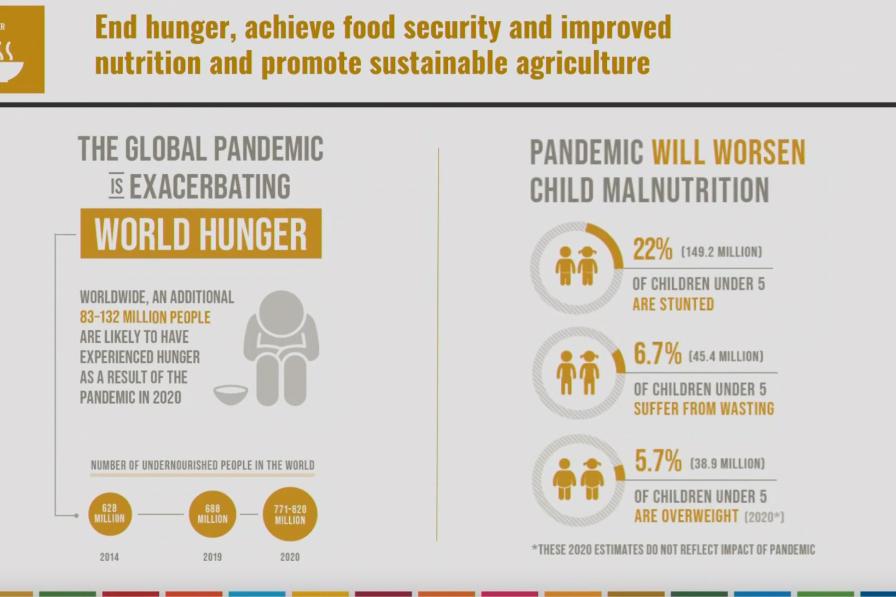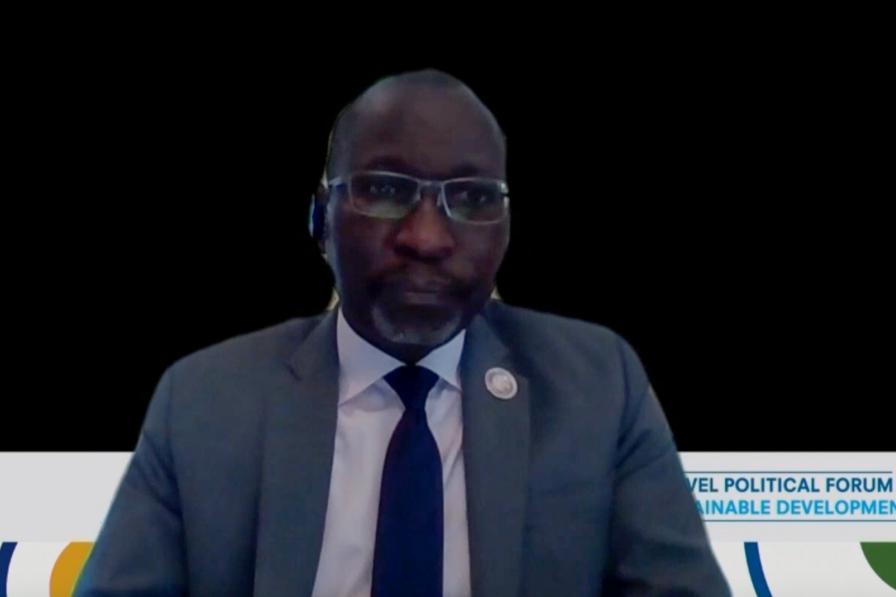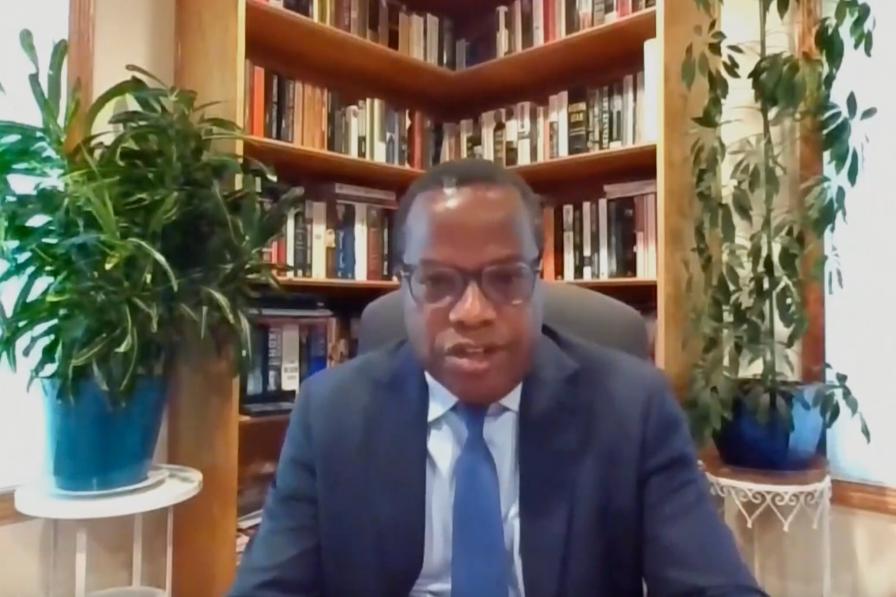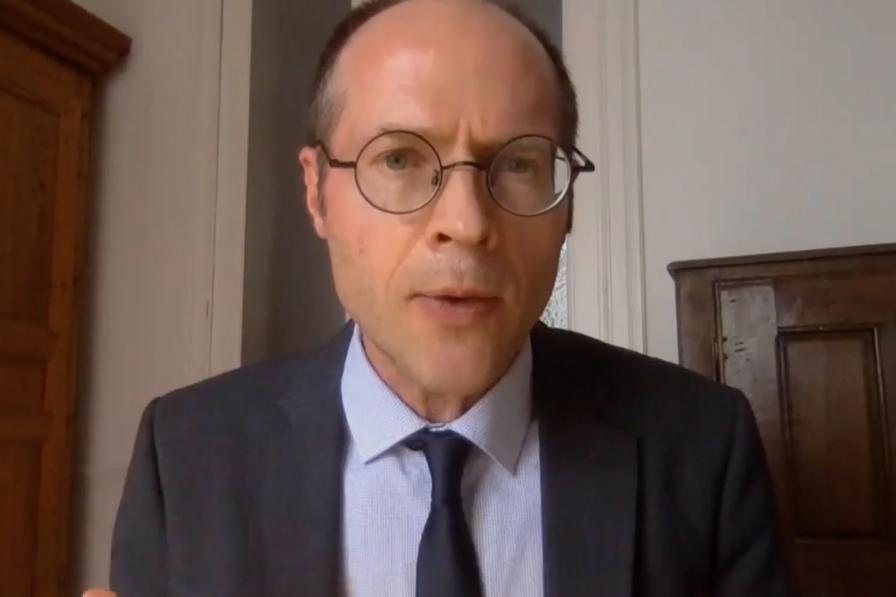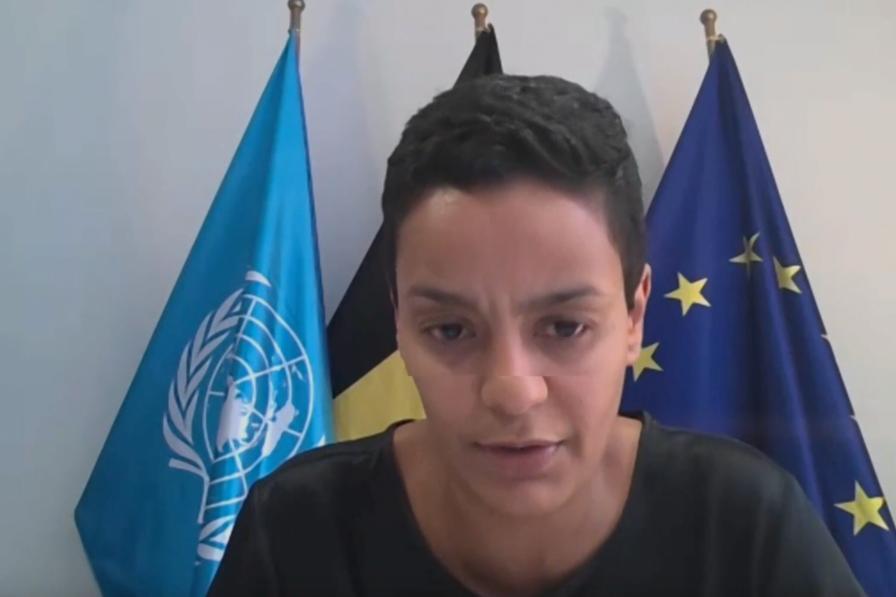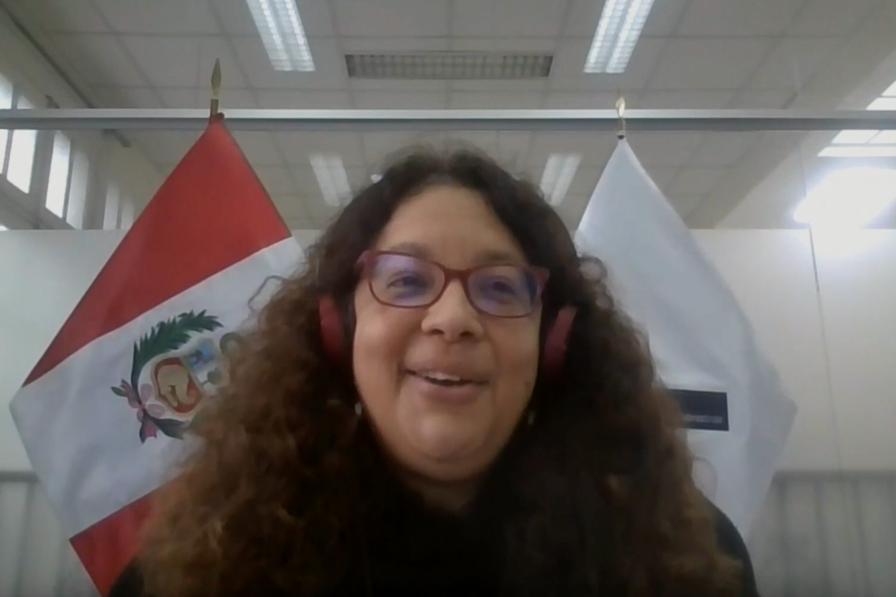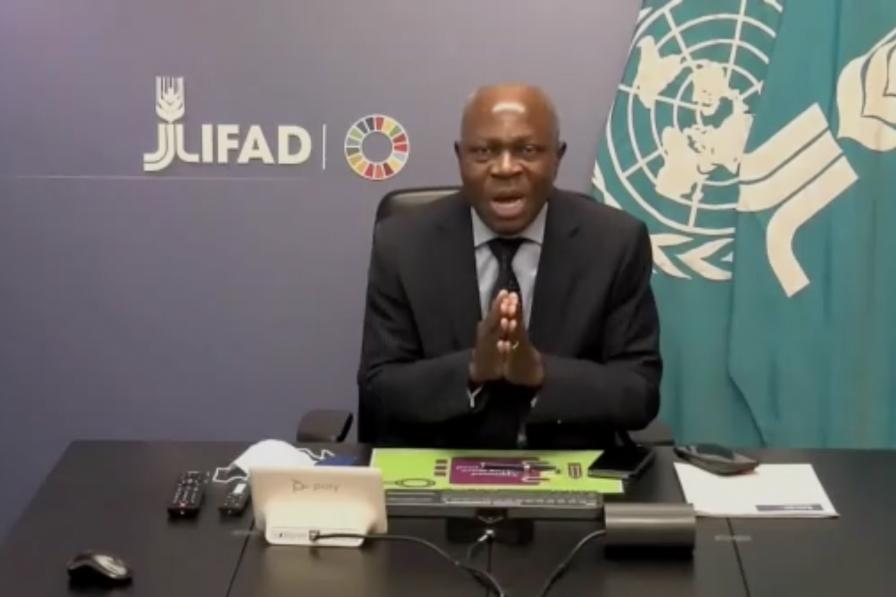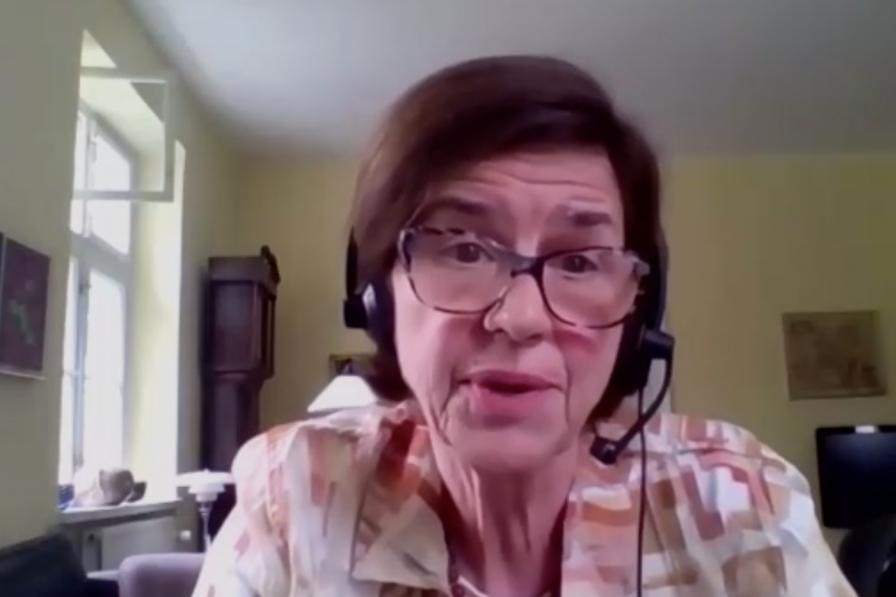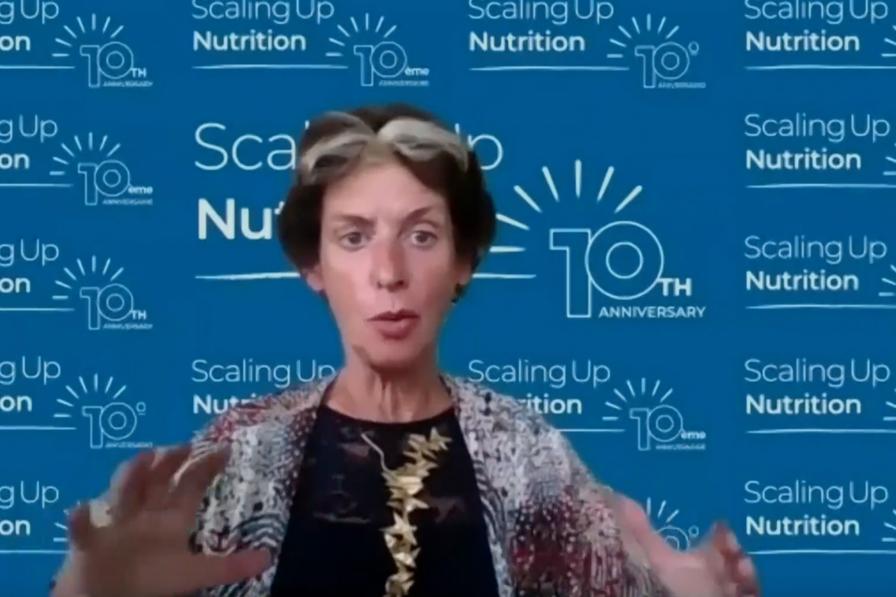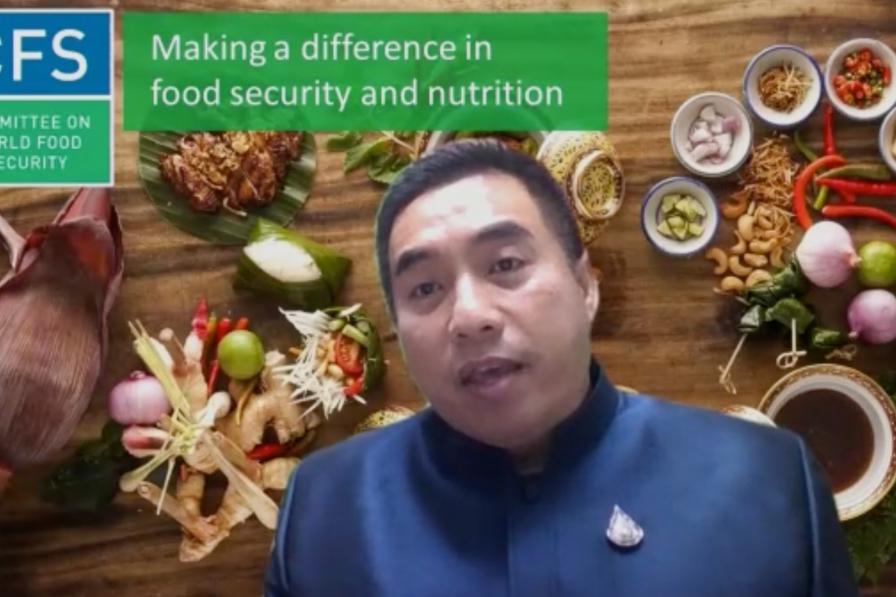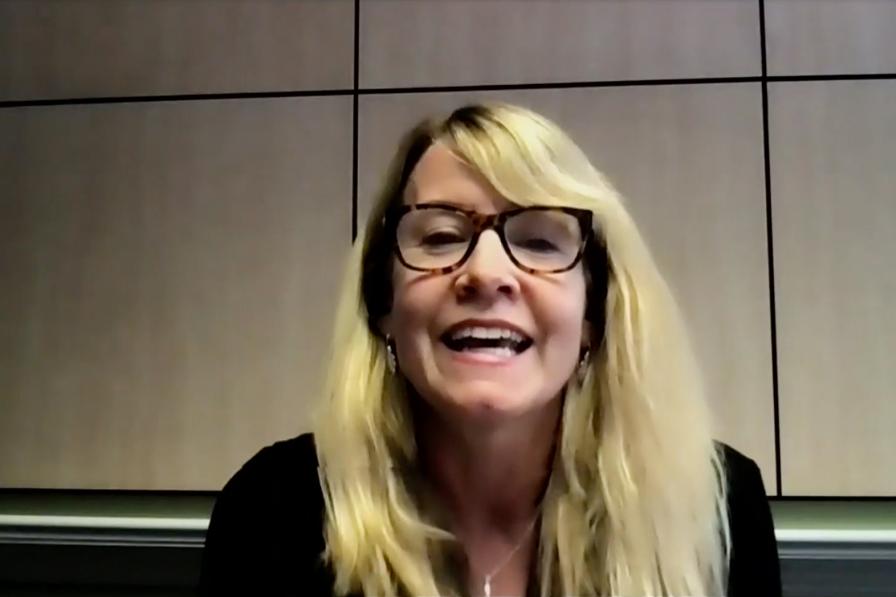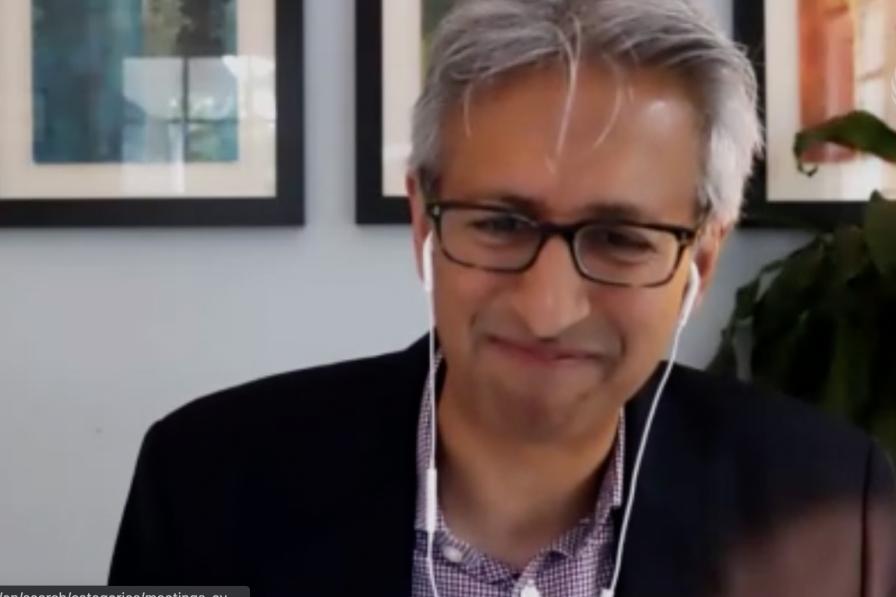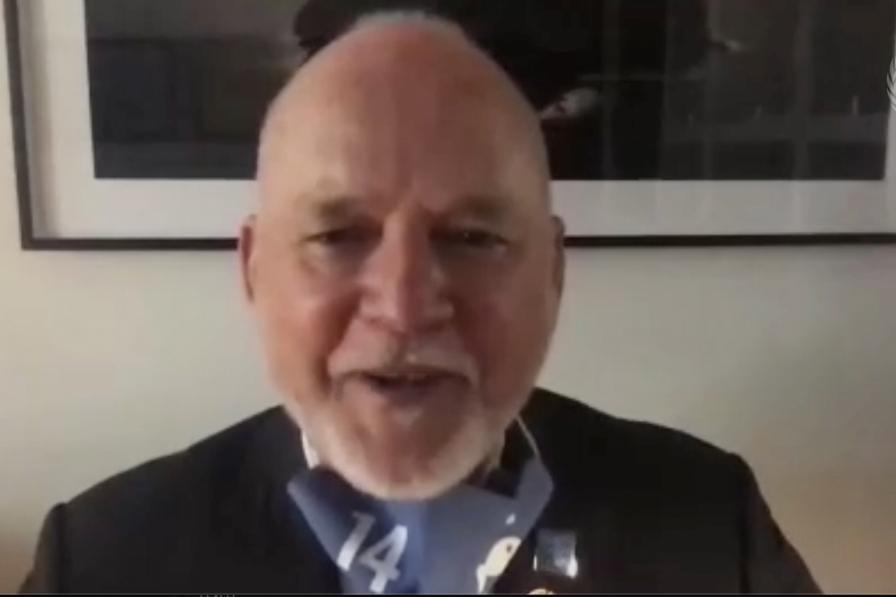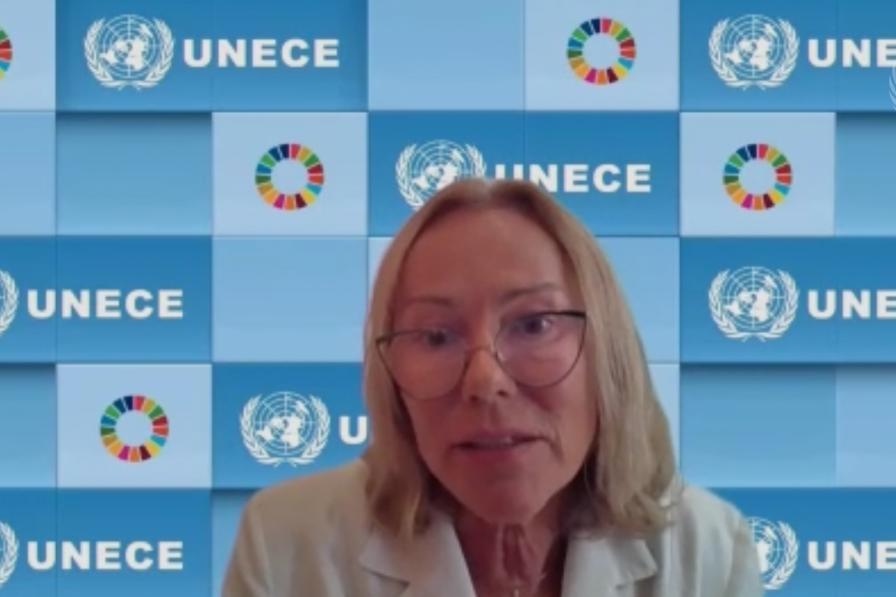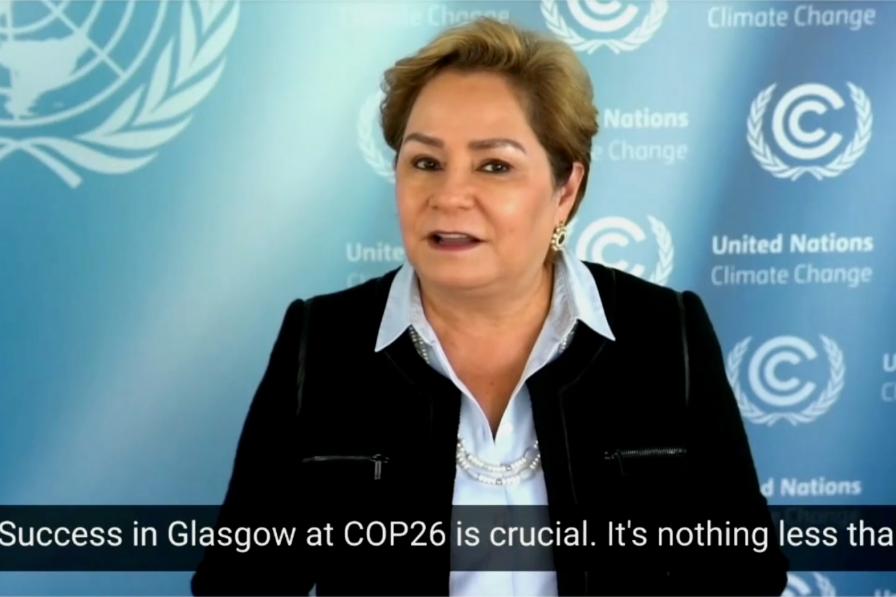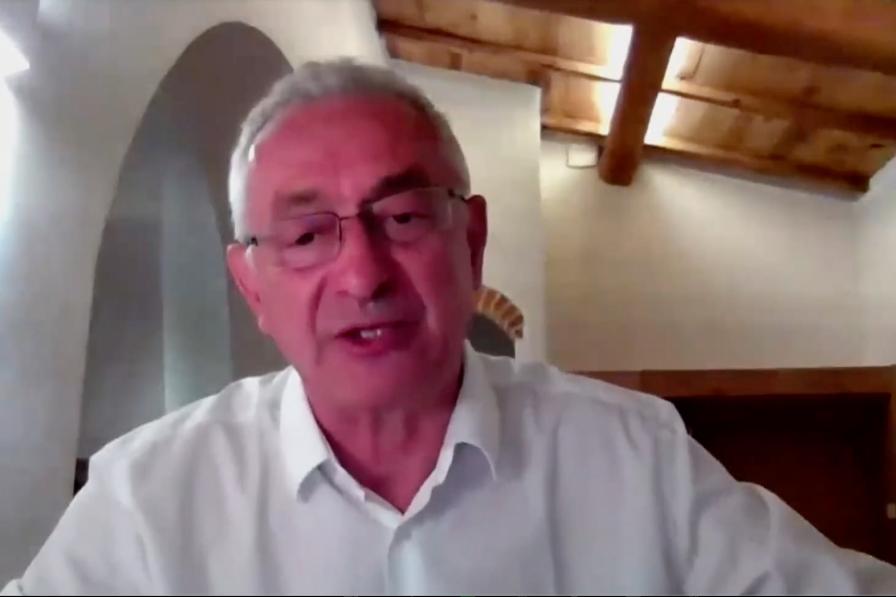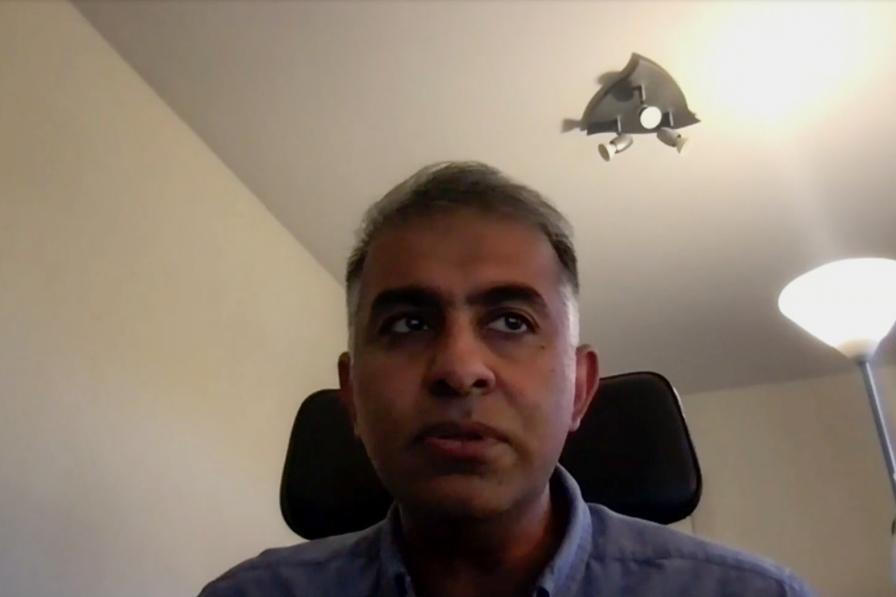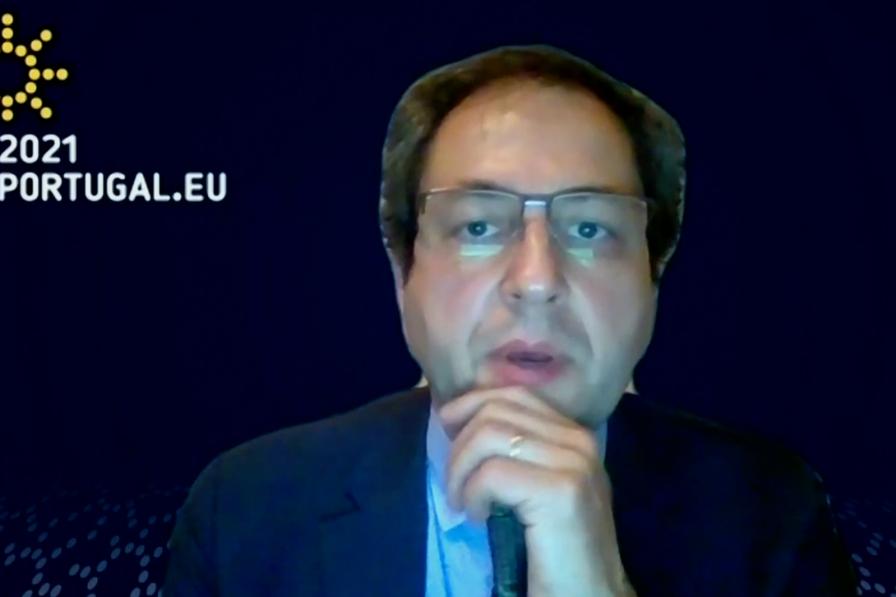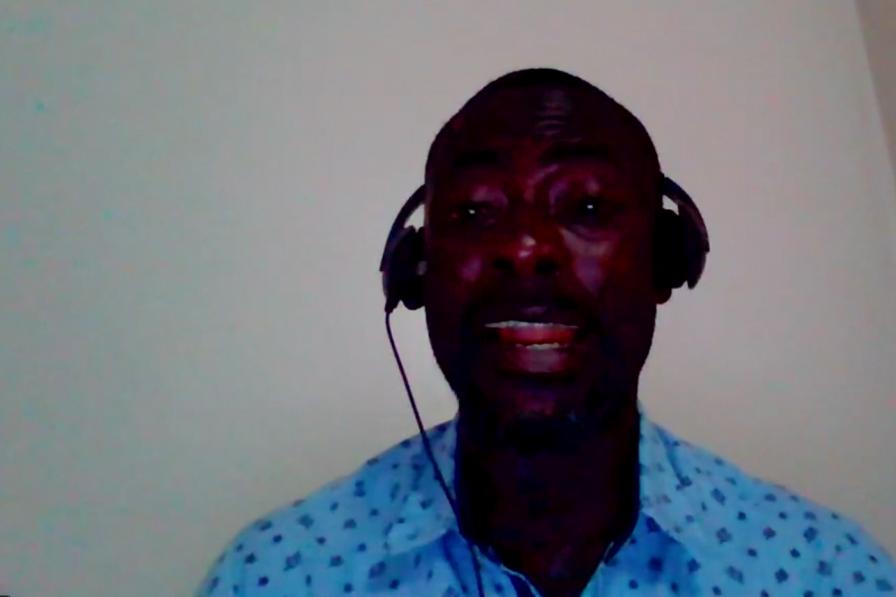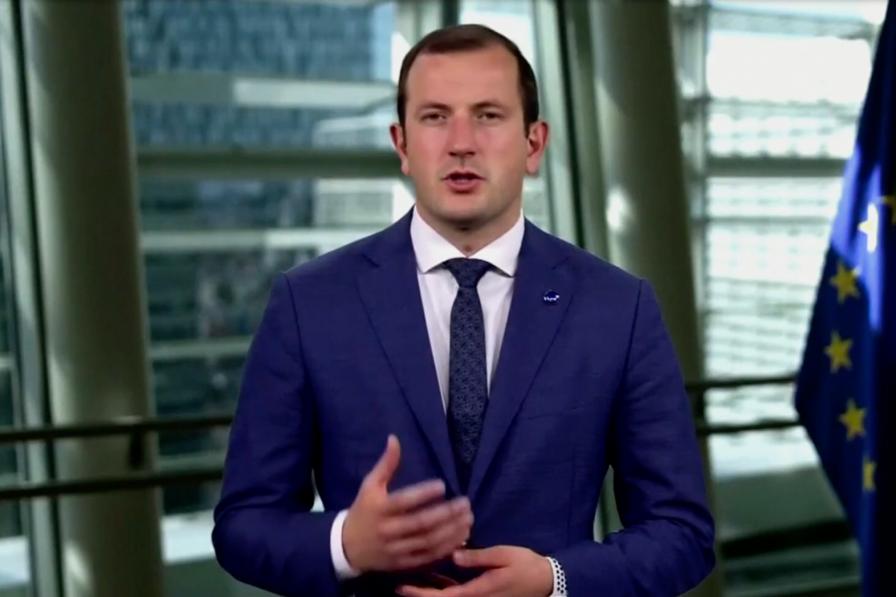Six years after adoption of the 2030 Agenda for Sustainable Development, key questions framed discussions focused on implementation of the Sustainable Development Goals (SDGs). How do we get back on track to end poverty and hunger, and transform towards inclusive and sustainable economies? How do we revamp and transform consumption and production and address and mitigate climate change? What should we do about the 21 SDG targets that matured in 2020 and have not been fully achieved? These were some of the topics the High-level Political Forum on Sustainable Development (HLPF) addressed on Wednesday.
The first session focused on implementation of SDGs 1 (no poverty), 2 (zero hunger), and 8 (decent work and economic growth).
Yongyi Min, UN Department for Economic and Social Affairs (UNDESA), presented elements of the Secretary-General’s report on progress toward the SDGs. She noted that the global poverty rate is projected to be 7% by 2030, missing the SDG target of 3%. Between 83 and 132 million people experienced hunger in 2020 and 255 million people lost full time jobs, four times the number lost during the 2007-2009 financial crisis. Youth and women were especially hard hit.
Moderator Gerda Verburg, Coordinator, Scaling-Up Nutrition (SUN) Movement, highlighted how partnerships play a crucial role in attaining the SDGs and spurring economic growth. Verburg asked panelists to focus on concrete actions on how to get back on track to end poverty and hunger.
Panelists and other speakers referenced related issues including: universal social protection, the importance of COVID-19 vaccination, innovative financing, and addressing food system transformation in a multifaceted way to achieve reductions in poverty and inequalities.
Guy Ryder, Director General, International Labour Organization (ILO), noted that the pandemic alone is not responsible for the lag in meeting SDG targets and encouraged universal social protection, and more coherence in health, social, and economic policies.
The second session examined implementation, review, and the lack of progress made on the 21 SDG targets that matured in 2020. Discussion focused on the risks or benefits of reopening these targets to better align with ongoing intergovernmental processes. Elizabeth Maruma Mrema, Executive Secretary, Convention on Biological Diversity (CBD), noted the post-2020 global biodiversity framework will include a reporting, monitoring and accountability structure, which was missing from the Aichi Biodiversity Targets.
Alice Ruhweza, Africa Regional Director, World-Wide Fund for Nature (WWF), highlighted the need for increased implementation monitoring, political ambition, and financing, such as payments for ecosystem services, to ensure a nature positive and carbon neutral world.
The final session considered SDGs 12 (responsible consumption and production), 13 (climate action), and 17 (partnerships).
Heather Page, UNDESA, presented elements from the Secretary-General’s report, noting 1 million plastic drinking bottles are purchased every minute; 5 trillion single use plastic bags are thrown away each year; and the global material footprint increased by 70% between 2000-2017. She also noted the climate crisis continues unabated with concentrations of greenhouse gases reaching new record highs, and foreign direct investment has dropped by 40%.
Moderator Jennifer Morris, CEO, The Nature Conservancy, called for more recovery funding that can be classified as low carbon and nature positive.
Among the presentations, Louise Mabulo, UN Young Champion of the Earth, Philippines, encouraged the promotion of food sovereignty while empowering youth and local farmers.
Other panelists discussed the need for climate action, addressing economic and social transformations to make consumption and production systems more sustainable, and the need for additional funding, reliable data, and better partnerships.
See the daily Earth Negotiations Bulletin for complete coverage.
To receive continuing coverage of this event delivered to your inbox, subscribe to the ENB Update newsletter.
Images from the Meeting
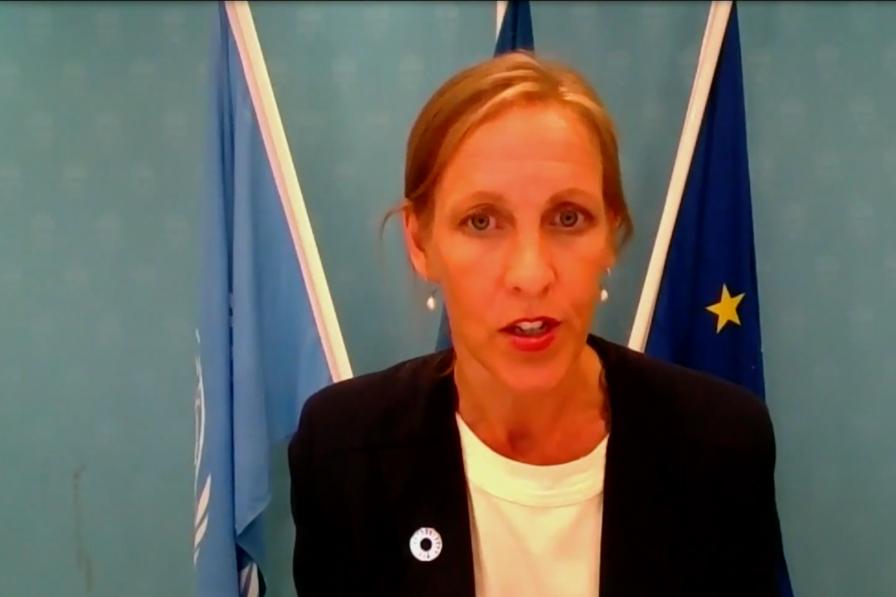
Annika Jacobson, State Secretary to Minister for Environment and Climate and Deputy Prime Minister Per Bolund, Sweden
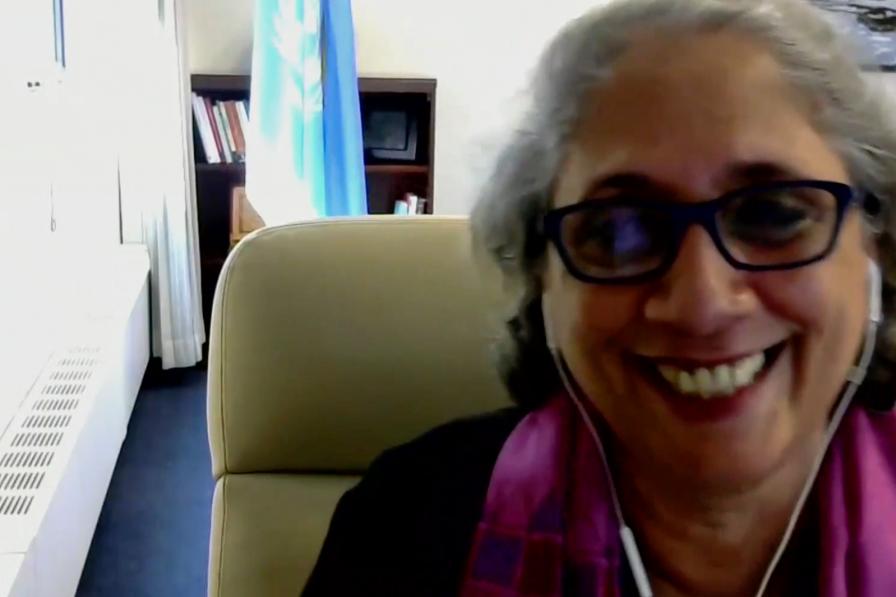
Ligia Noronha, Assistant Secretary-General, and Head, UN Environment Programme (UNEP) New York Office
